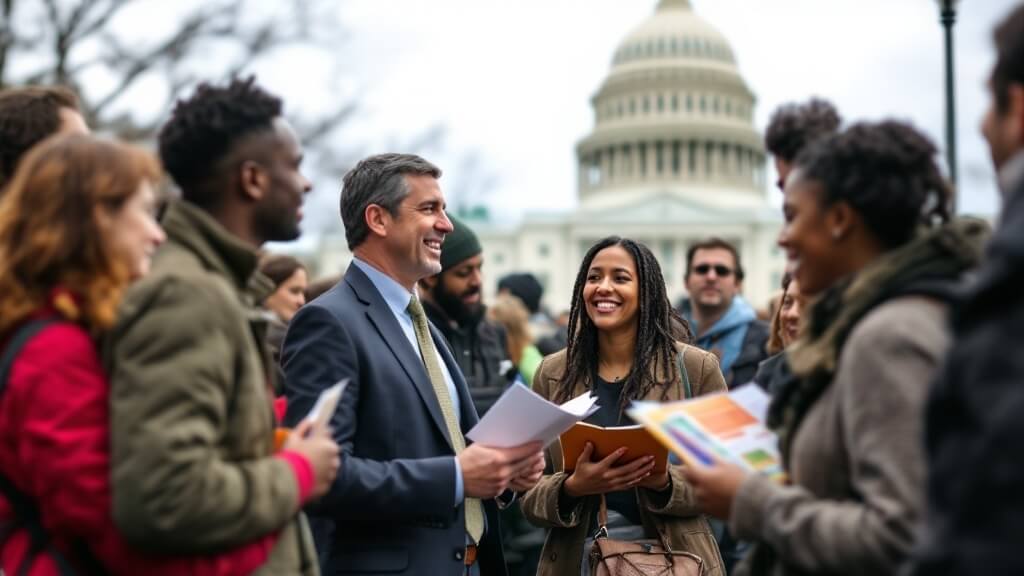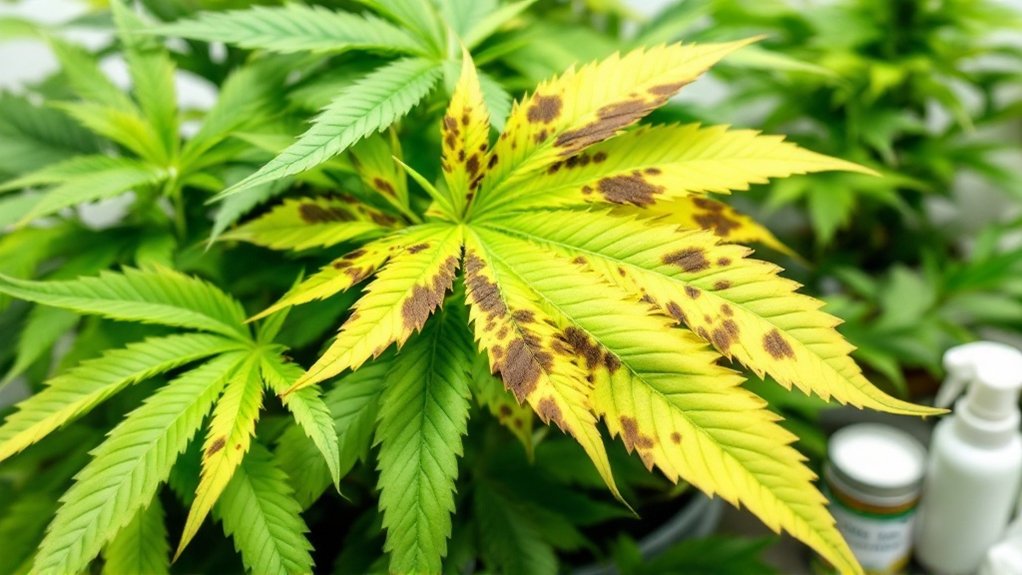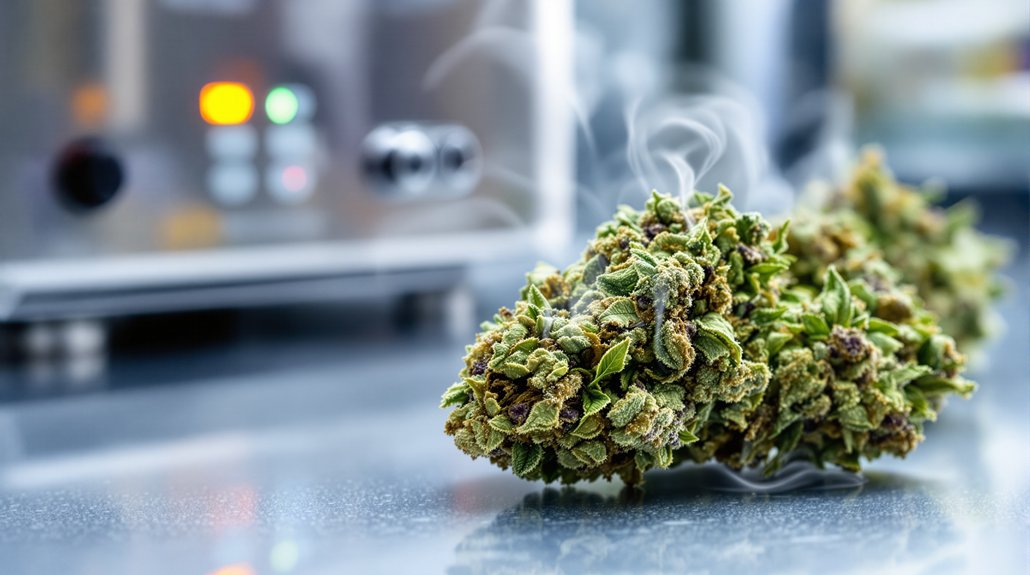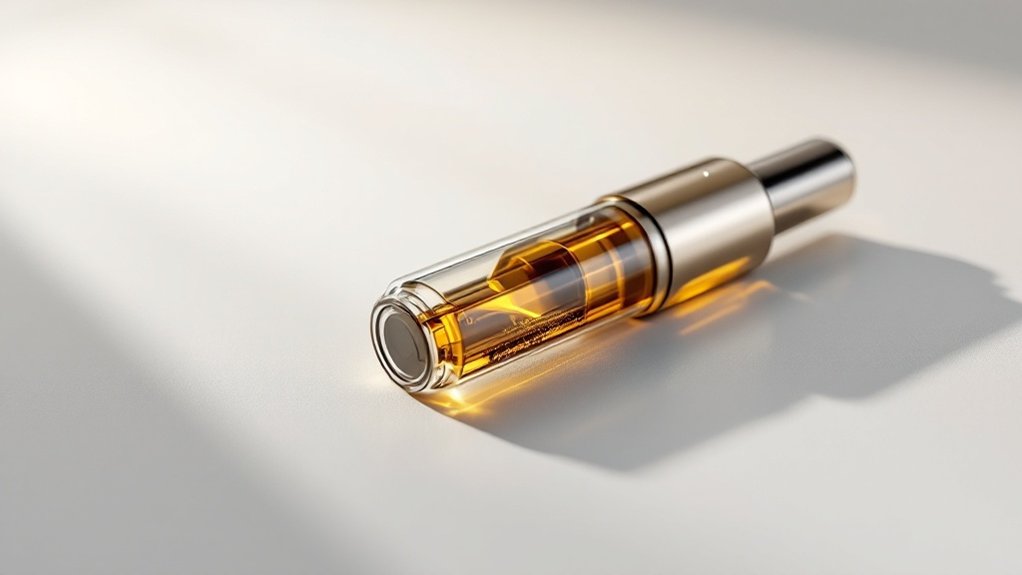The significance of 4/20 in cannabis culture traces back to 1971 when high school students in San Rafael, California, nicknamed “the Waldos,” established a ritual of meeting at 4:20 p.m. to search for abandoned cannabis. This code evolved from a secret slang into an international day of celebration on April 20th, serving dual purposes as a joyful gathering and form of civil disobedience advocating for marijuana legalization. The date has transformed from countercultural symbol to mainstream commercial opportunity while maintaining its roots in cannabis advocacy and community identity.

While many dates on the calendar hold special significance for various cultural groups, April 20th stands as perhaps the most iconic day in cannabis culture worldwide. This phenomenon traces its origins to 1971, when a group of high school students in San Rafael, California, known as “the Waldos,” established a ritual of meeting at 4:20 p.m. to search for an abandoned cannabis crop. Their original code phrase “4:20 Louis” eventually shortened to simply “420” as it became shorthand for cannabis consumption among their social circle.
The term’s expansion beyond local slang into global cannabis lexicon was facilitated by connections between the Waldos and the Grateful Dead community. What began as a simple meeting time transformed into a universal numerical symbol for cannabis consumption and advocacy. Despite persistent myths suggesting “420” derives from police codes or Bob Dylan lyrics, the Waldos’ afternoon gatherings represent the authenticated historical source of this cultural touchstone.
The numerical code eventually inspired the selection of April 20th (4/20) as an annual celebration day within cannabis culture. This date now serves dual purposes: a joyful social gathering and a form of civil disobedience advocating for marijuana legalization. Cannabis enthusiasts worldwide convene at precisely 4:20 p.m. on April 20th for communal consumption at rallies, concerts, and public gatherings that draw thousands of participants to parks, campuses, and city centers. In cities like San Francisco, cannabis advocates gather annually at Hippie Hill for some of the largest 4/20 celebrations in North America.
Beyond mere celebration, 4/20 represents broader themes of cannabis freedom and normalization. The date has evolved into a powerful symbol of identity among users while simultaneously functioning as a platform for activism. Advocacy groups strategically use the occasion for voter registration drives and educational campaigns about marijuana policy reform. Public consumption acts on this date deliberately challenge existing legal restrictions in many jurisdictions.
The commercial aspects of 4/20 have grown alongside its cultural significance. Legal dispensaries capitalize on the date with special sales, promotional events, and product launches. The promotion has expanded beyond dispensaries to include breweries like Lagunitas, which annually releases Waldos’ Special Ale to commemorate the holiday’s originators. The term “420-friendly” has entered common parlance as a universal indicator of cannabis acceptance in various contexts.
This expansion from countercultural code to mainstream commercial opportunity reflects cannabis culture’s evolving place in society, bridging generational and cultural gaps while maintaining its roots in grassroots advocacy for personal freedom.
Frequently Asked Questions
Is 4/20 Legally Recognized as a Holiday?
4/20 is not legally recognized as a holiday in the United States.
Despite its widespread cultural significance in cannabis communities, no federal, state, or local governments have granted it official holiday status.
The date remains an unofficial cultural observance without any legal standing in governmental calendars or labor laws.
While cannabis businesses may treat it as a significant day for promotions and events, it lacks the formal recognition that would classify it as a legal holiday.
How Do Non-Cannabis Users Perceive 4/20 Celebrations?
Non-cannabis users perceive 4/20 celebrations through various lenses, primarily focusing on safety concerns regarding impaired driving. Many express worries about increased traffic risks, as supported by AAA research documenting higher accident rates on April 20th.
Over time, these celebrations have contributed to normalizing cannabis in mainstream culture, shifting public perception away from criminal associations. Some non-users acknowledge 4/20’s role in policy reform, while others recognize its economic impact through tourism and commercial opportunities in areas with legalized cannabis.
Are There Medical Cannabis Discounts on 4/20?
Medical cannabis discounts are prevalent on April 20th, with data showing that 76% of all cannabis transactions on 4/20 in 2024 included some form of price reduction.
Dispensaries offer considerably higher discounts on this date, averaging $24 per transaction compared to the typical $14.
Discounting occurs on 35.7% of all transactions on 4/20, which exceeds the year-to-date average of 24.3%.
Both medical and recreational products benefit from these special promotions during the holiday.
How Has 4/20 Influenced Marijuana Legalization Movements?
April 20th has greatly influenced marijuana legalization movements by serving as a symbolic rallying point for cannabis advocacy and reform.
The date catalyzes political mobilization through coordinated protests, voter registration drives, and legislative lobbying efforts. Annual 4/20 gatherings have contributed to changing public perceptions by normalizing cannabis in mainstream discourse and media coverage.
Additionally, this global phenomenon creates pressure on politicians to address cannabis policy reform while aligning with broader criminal justice initiatives such as conviction expungement.
Do Employers Conduct More Drug Tests Around 4/20?
No empirical evidence supports the claim that employers increase drug testing specifically around 4/20.
While cannabis consumption demonstrably rises during this cultural holiday, workplace testing typically follows established schedules determined by company policies, industry regulations, and compliance requirements rather than calendar events.
Safety-sensitive industries maintain consistent testing protocols throughout the year.
The perception of increased testing may stem from heightened awareness of cannabis use during this period, but research has not validated this correlation.









